An der Hülben
WHITE (Essence)
Stano Filko, Miloš Laky, Ján Zavarský
curated with Fedor Blaščák
November 18, 2014 – January 17, 2015
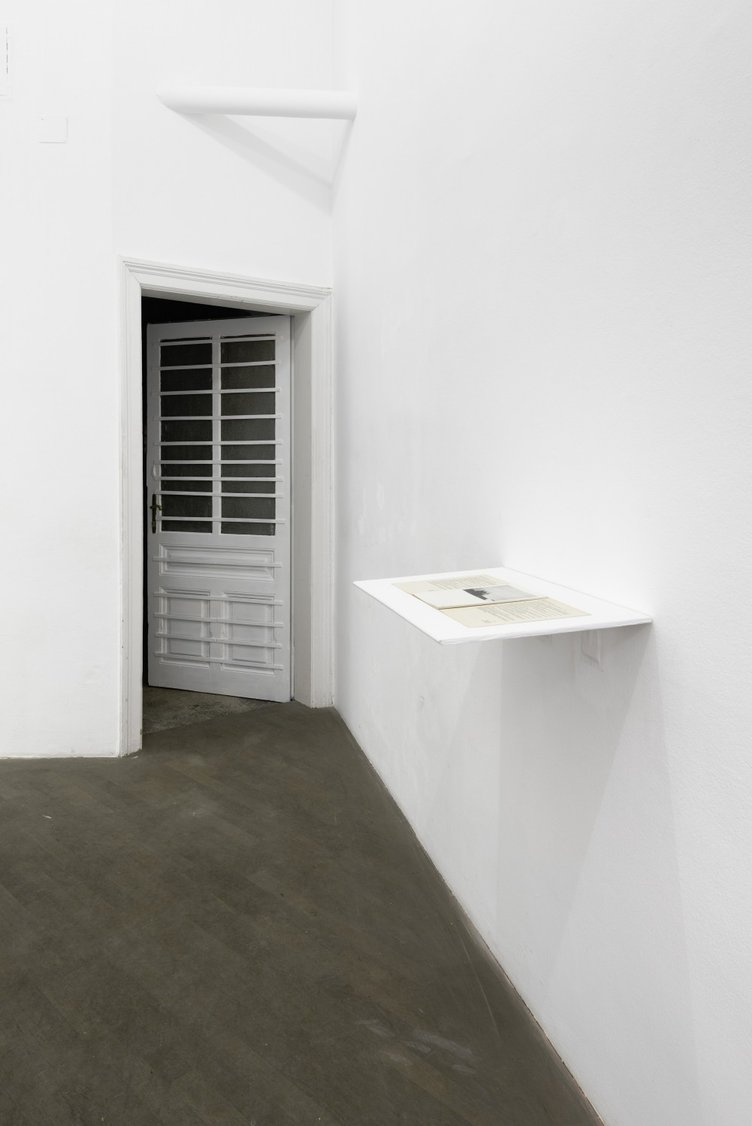
WHITE (Essence), 2014
Installation view
Layr An der Hülben, Vienna
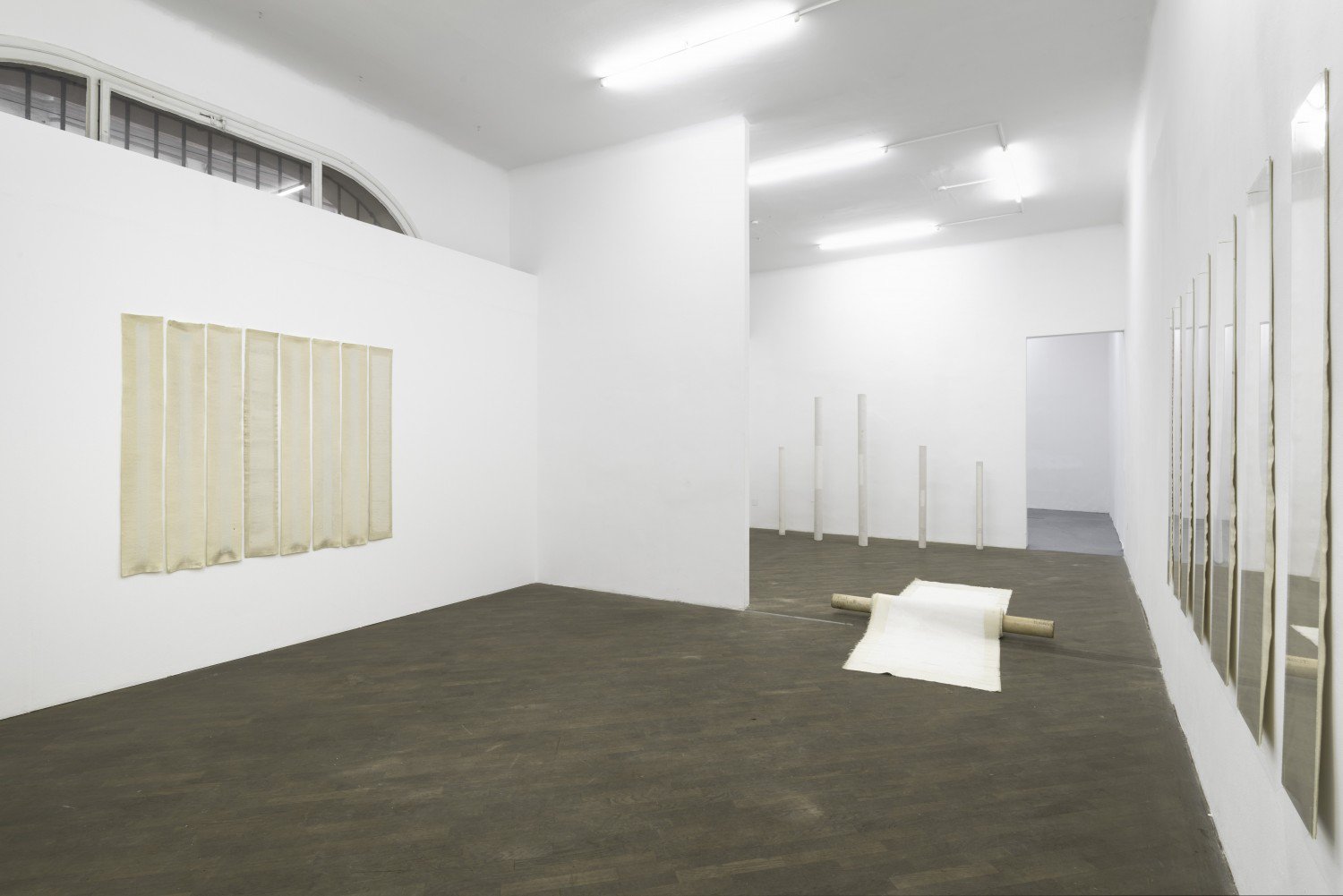
WHITE (Essence), 2014
Installation view
Layr An der Hülben, Vienna

WHITE (Essence), 2014
Installation view
Layr An der Hülben, Vienna

Stano Filko, Milos Laky, Ján Zavarský
A white space in a white space, 1974
Manuscript

Stano Filko, Milos Laky, Ján Zavarský
A white space in a white space, 1974
Various elements, cardboard, felt, paint, mixed media
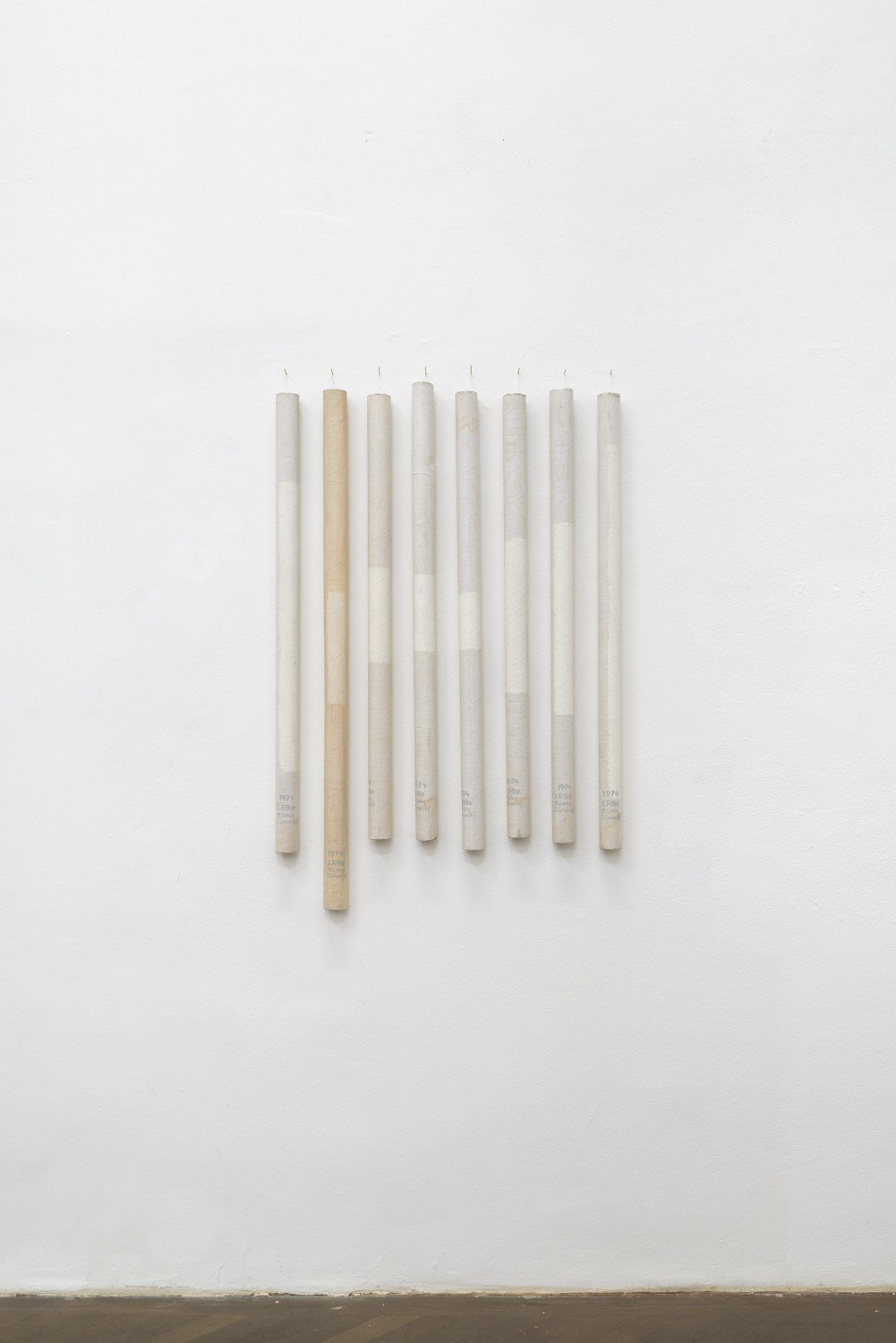
Stano Filko, Milos Laky, Ján Zavarský
A white space in a white space, 1974
Various elements, cardboard, felt, paint, mixed media

WHITE (Essence), 2014
Installation view
Layr An der Hülben, Vienna
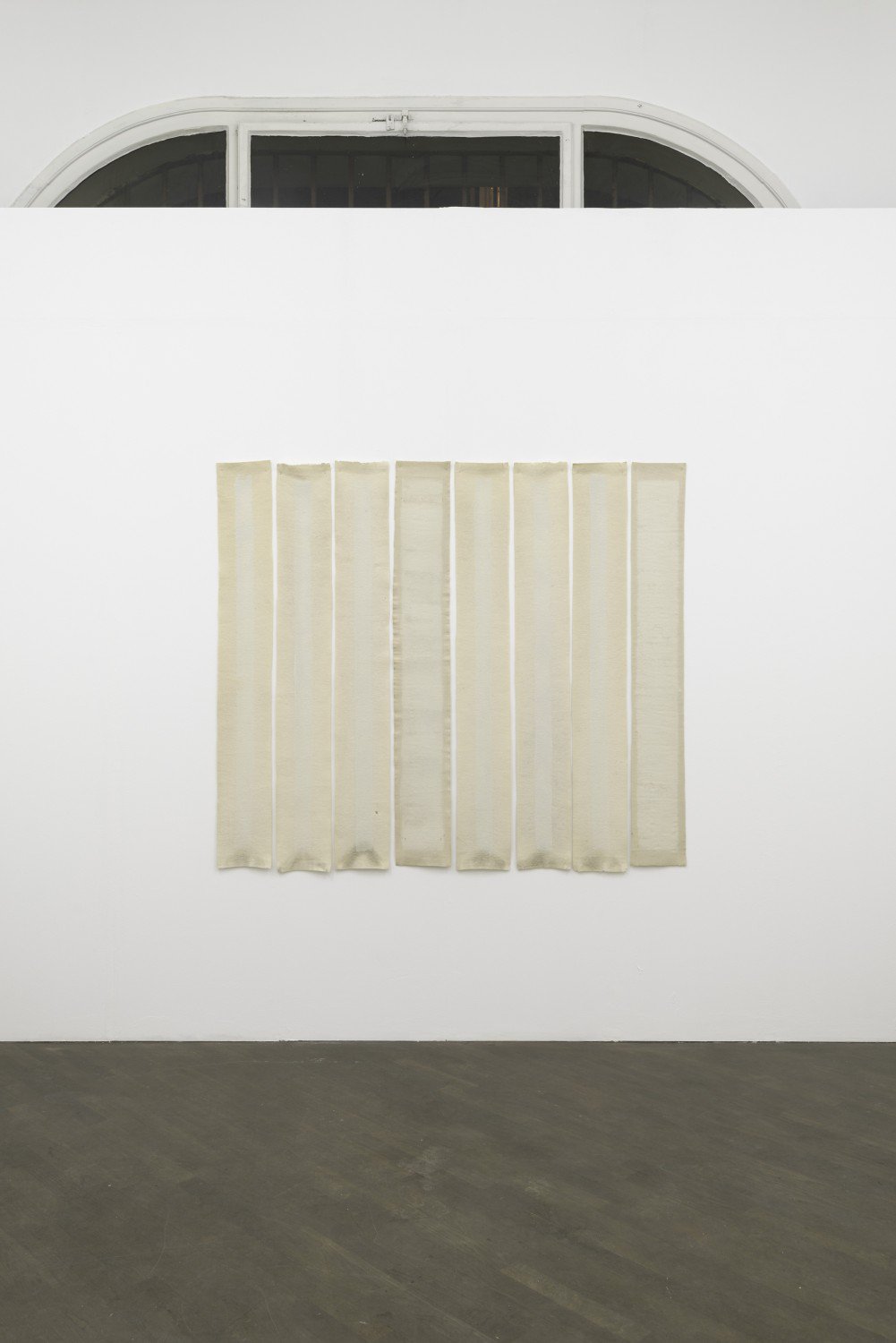
Stano Filko, Milos Laky, Ján Zavarský
A white space in a white space, 1974
Various elements, cardboard, felt, paint, mixed media
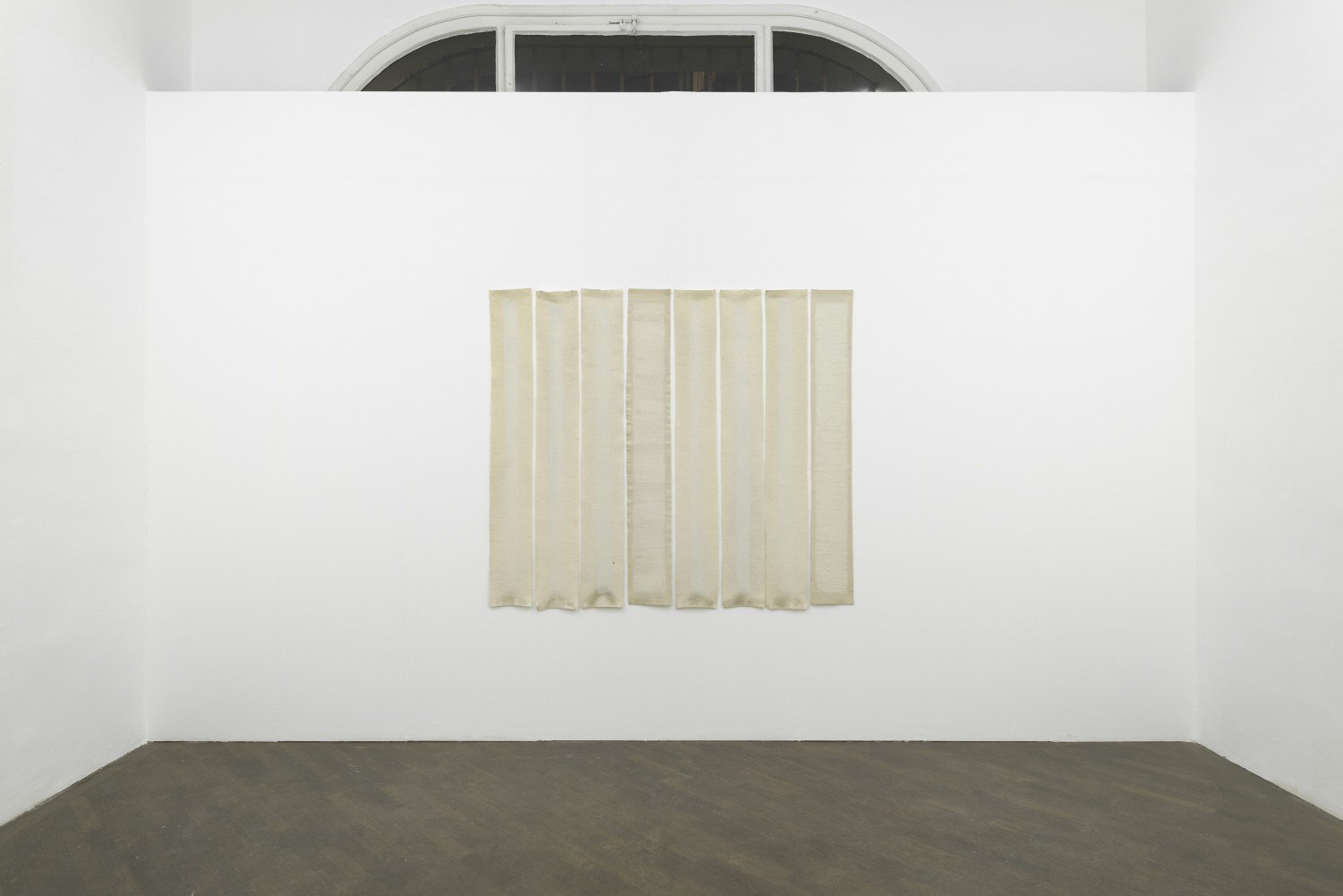
Stano Filko, Milos Laky, Ján Zavarský
A white space in a white space, 1974
Various elements, cardboard, felt, paint, mixed media
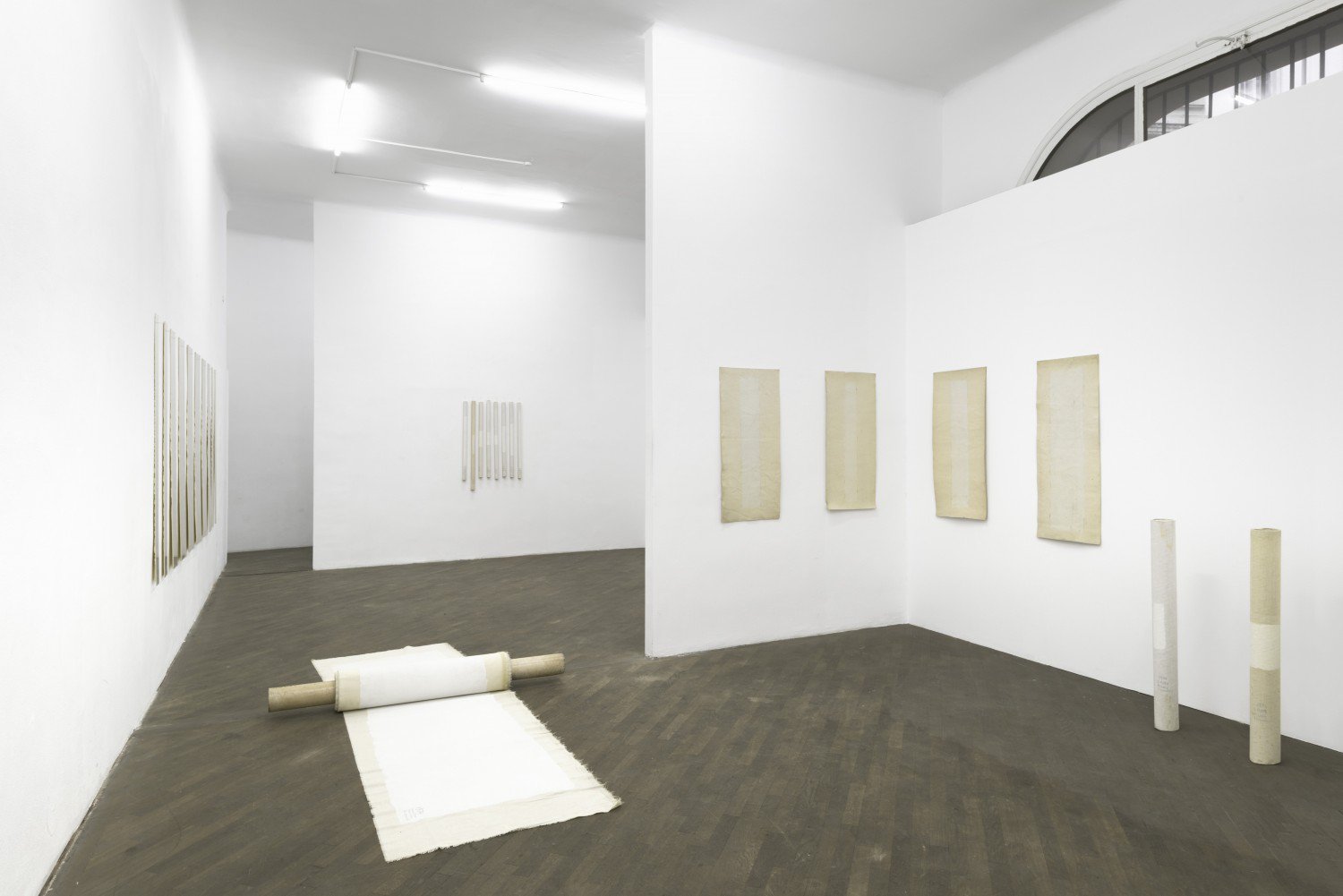
WHITE (Essence), 2014
Installation view
Layr An der Hülben, Vienna
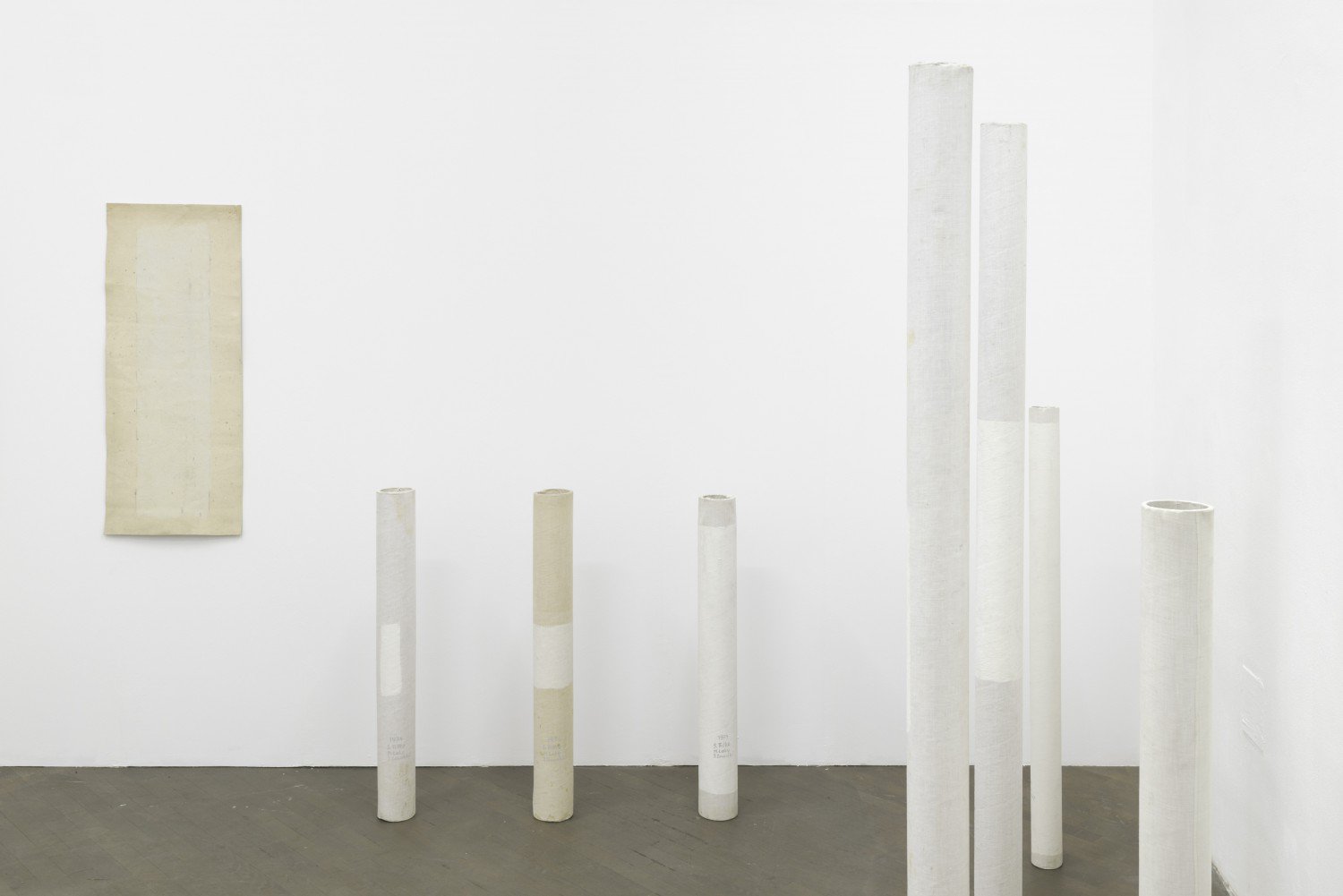
WHITE (Essence), 2014
Installation view
Layr An der Hülben, Vienna

Stano Filko, Milos Laky, Ján Zavarský
A white space in a white space, 1974
Various elements, cardboard, felt, paint, mixed media
Detail view

Stano Filko, Milos Laky, Ján Zavarský
A white space in a white space, 1974
Various elements, cardboard, felt, paint, mixed media
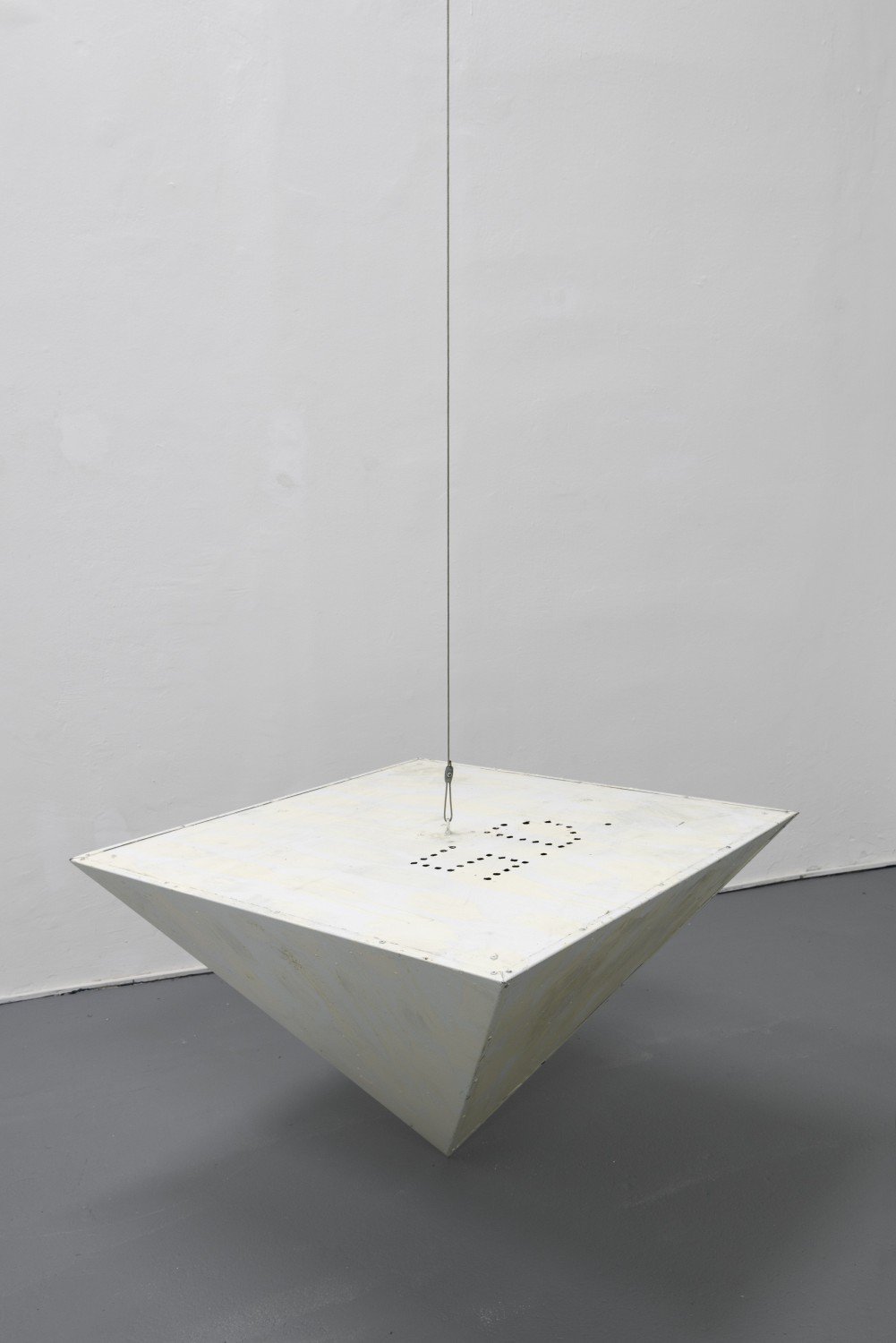
Stano Filko
5.D., ca. 2005
Painted aluminum, steel wire
90 × 90 × 65 cm

Stano Filko, Milos Laky, Ján Zavarský
A white space in a white space, 1974
Model
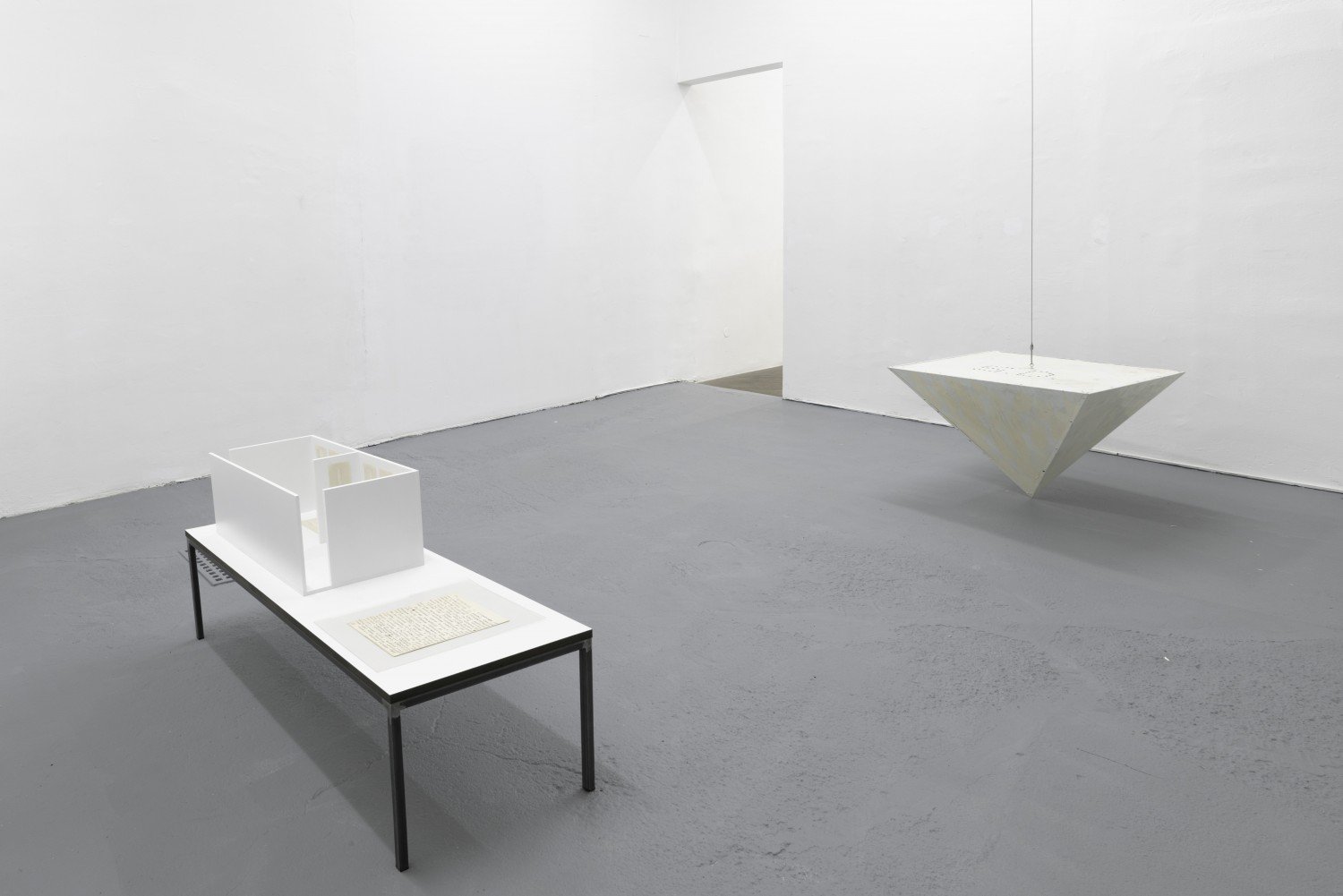
WHITE (Essence), 2014
Installation view
Layr An der Hülben, Vienna
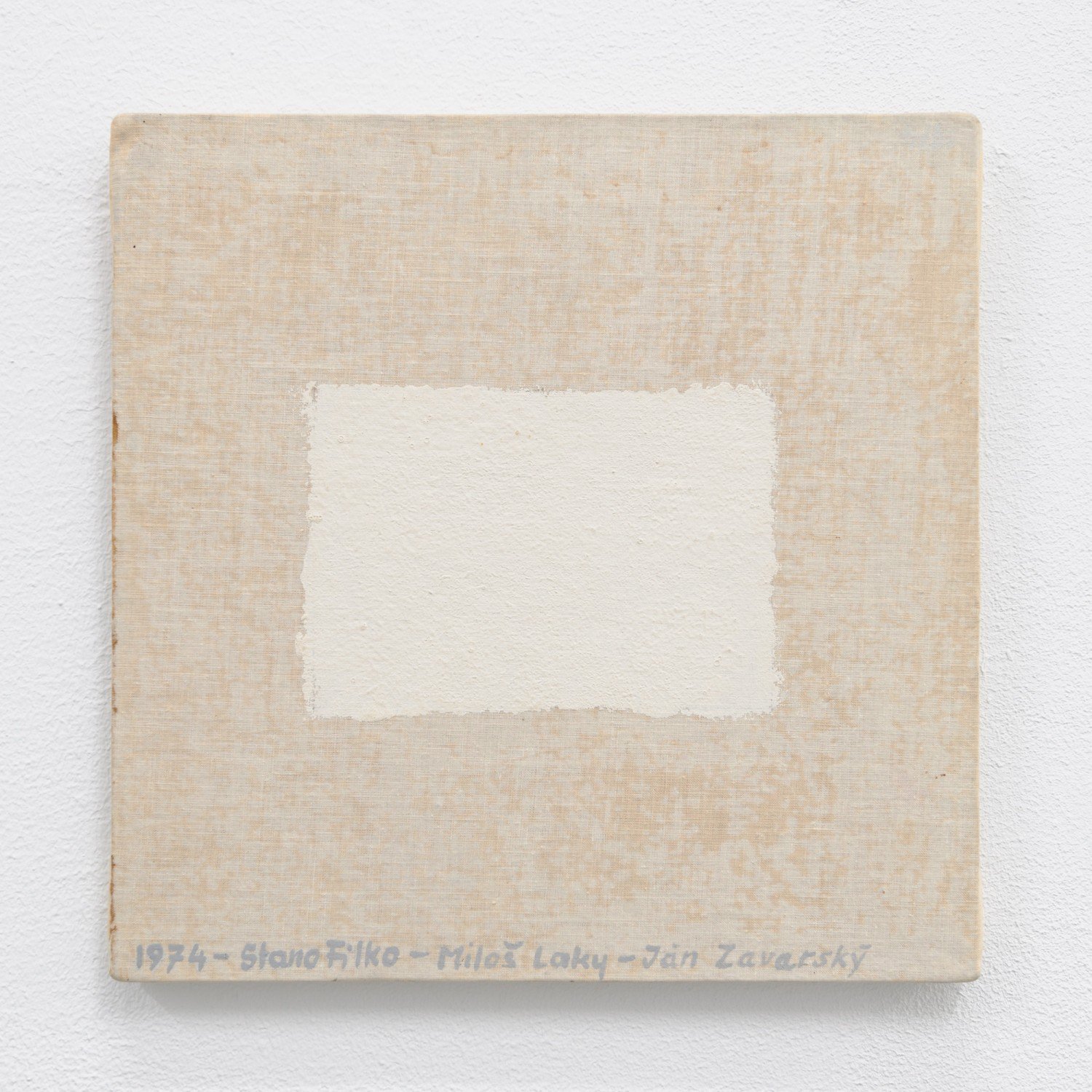
Stano Filko, Milos Laky, Ján Zavarský
A white space in a white space, 1974
Acrylic on canvas
30 × 30 cm

Stano Filko, Milos Laky, Ján Zavarský
A white space in a white space, 1974
Handwritten manuscript
Filko, Laky and Zavarský’s »White Space in a White Space« was one of the most radical artistic programs of the Czechoslovakian neo avantgarde. In 1974 – 1975 they formed a “collective subject” which manifested in the total negation of all forms of contemporary aesthetics, and particularly the dominant, materialistic, Marxist philosophy of the era.
»White Space in a White Space« was art purged of any subject matter;
instead it sought to be the method of creation – the method “of pure sensibility.” Consequently its absolutizing demands were not characterized by an inaccessible (metaphysical or spiritual) ideal. To the contrary, the ABSOLUTE was considered a natural part of reality, thus operating in the framework of reflected individual experience it could even transcend into the COLLECTIVE. In other words, pure sensibility can be experienced (and mutually shared); so is therefore understandable… but as such, can never be explained. In the realm of abstract painting »White Space in a White Space« forms a variant of the monochrome, which is traditionally the most radical representation of the artistic search for the primal through the paint. As the authors stated in their manifesto: »By painting a pure white space on another white space a tension representing the internal dynamics of the infinite arises.«
Fedor Blaščák